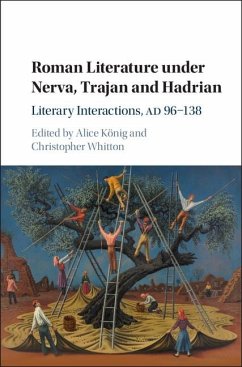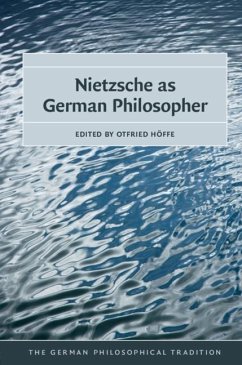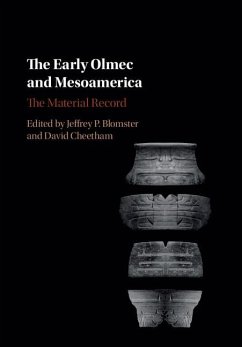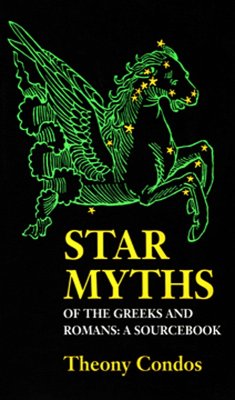
Dionysus after Nietzsche (eBook, ePUB)
The Birth of Tragedy in Twentieth-Century Literature and Thought
Versandkostenfrei!
Sofort per Download lieferbar
55,95 €
inkl. MwSt.
Weitere Ausgaben:

PAYBACK Punkte
28 °P sammeln!
Dionysus after Nietzsche examines the way that The Birth of Tragedy (1872) by Friedrich Nietzsche irrevocably influenced twentieth-century literature and thought. Adam Lecznar argues that Nietzsche's Dionysus became a symbol of the irrational forces of culture that cannot be contained, and explores the presence of Nietzsche's Greeks in the diverse writings of Jane Harrison, D. H. Lawrence, Martin Heidegger, Richard Schechner and Wole Soyinka (amongst others). From Jane Harrison's controversial ideas about Greek religion in an anthropological modernity, to Wole Soyinka's reimagining of a postco...
Dionysus after Nietzsche examines the way that The Birth of Tragedy (1872) by Friedrich Nietzsche irrevocably influenced twentieth-century literature and thought. Adam Lecznar argues that Nietzsche's Dionysus became a symbol of the irrational forces of culture that cannot be contained, and explores the presence of Nietzsche's Greeks in the diverse writings of Jane Harrison, D. H. Lawrence, Martin Heidegger, Richard Schechner and Wole Soyinka (amongst others). From Jane Harrison's controversial ideas about Greek religion in an anthropological modernity, to Wole Soyinka's reimagining of a postcolonial genre of tragedy, each of the writers under discussion used the Nietzschean vision of Greece to develop subversive discourses of temporality, identity, history and classicism. In this way, they all took up Nietzsche's call to disrupt pre-existing discourses of classical meaning and create new modes of thinking about the Classics that speak to the immediate concerns of the present.
Dieser Download kann aus rechtlichen Gründen nur mit Rechnungsadresse in A, B, BG, CY, CZ, D, DK, EW, E, FIN, F, GR, HR, H, IRL, I, LT, L, LR, M, NL, PL, P, R, S, SLO, SK ausgeliefert werden.













